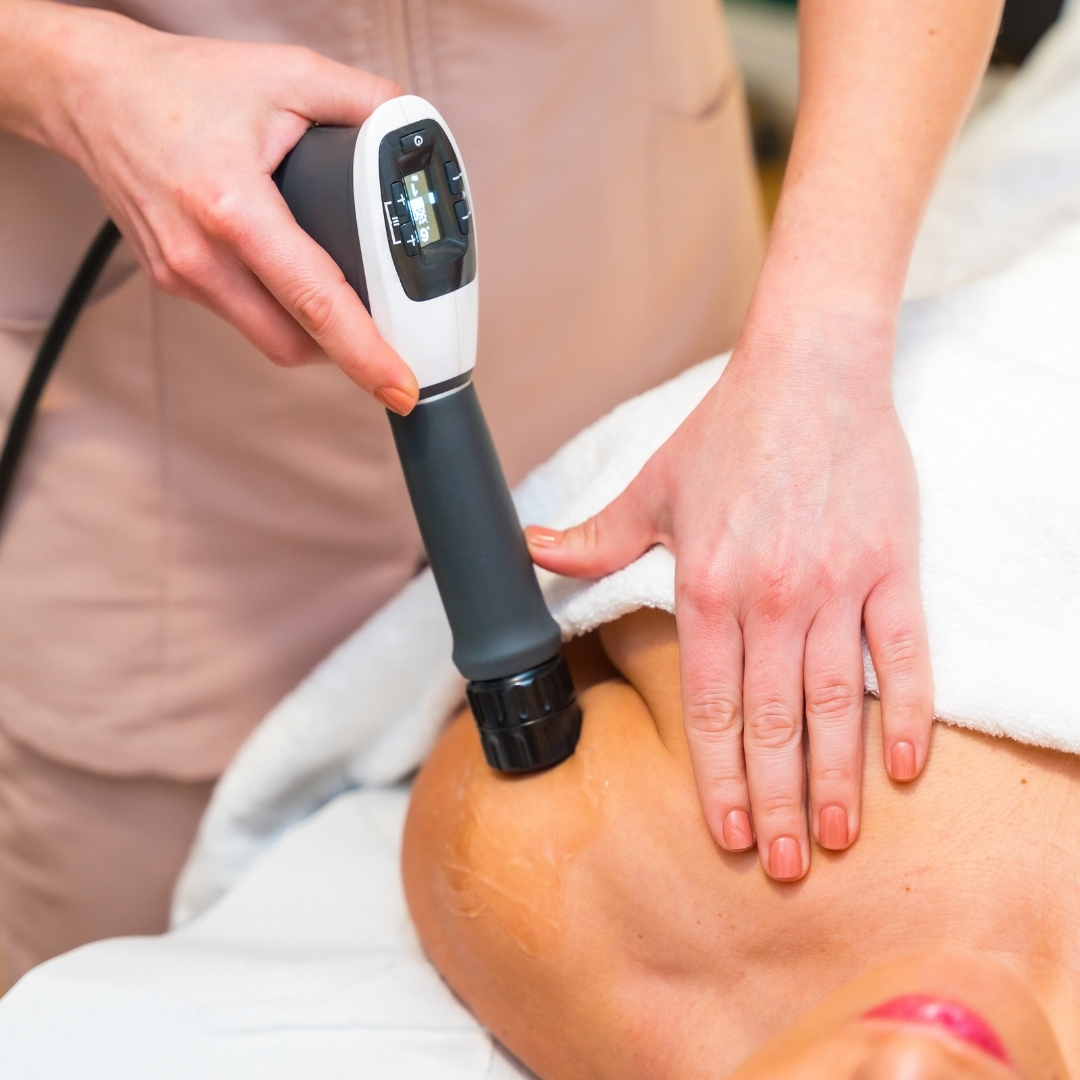The spa industry, traditionally known for its focus on relaxation and wellness, is experiencing a significant shift due to advancements in artificial intelligence (AI) and personalized services. These technologies are enabling spas to enhance customer experiences, optimize operations, and deliver tailored treatments that cater to individual needs. Here’s how AI and personalization are transforming the spa industry:
1. AI-Driven Personalization of Treatments
One of the biggest changes AI is bringing to the spa industry is the ability to provide hyper-personalized experiences. Spas are increasingly using AI to analyze clients’ preferences, medical history, and even real-time feedback to recommend specific treatments or products.
- AI-Powered Skin Analysis: Some spas now use AI technology to analyze clients’ skin conditions. By using specialized equipment or even a mobile app, the AI can scan skin texture, tone, and moisture levels to suggest the most suitable facials or skincare products. This ensures that clients receive treatments based on their unique skin needs rather than a one-size-fits-all approach.
- Tailored Wellness Programs: AI is also being used to create personalized wellness programs. These programs may include recommendations for massage therapies, aromatherapy, yoga sessions, and more, all tailored to an individual's stress levels, fitness goals, and personal preferences.
2. Enhanced Customer Experience with AI Chatbots
AI chatbots have become a staple in the customer service side of the spa industry, improving how businesses interact with their clients before, during, and after their visit.
- Booking and Scheduling: Many spas now feature AI chatbots that help customers book appointments quickly and efficiently. These bots can suggest available time slots, recommend treatments based on past visits, and even help with last-minute bookings.
- 24/7 Assistance: AI-driven chatbots are available around the clock, providing customers with instant responses to inquiries about services, treatments, and spa offerings. They can also assist in answering frequently asked questions, such as dress codes, payment options, or available discounts.
- Feedback and Follow-ups: After a visit, AI can send personalized follow-up messages to clients, asking for feedback on their experience. This allows spas to continuously improve their services and provides clients with a more interactive and engaging experience.

3. AI for Predictive Analytics and Customer Insights
Spas are leveraging AI to predict trends, understand customer preferences, and optimize their services based on data insights.
- Customer Behavior Insights: By collecting and analyzing data from previous visits, spending habits, and preferences, AI can help spas anticipate customer needs. For example, if a client has booked massage therapy several times in the past, AI might recommend similar treatments or even offer discounts on related services.
- Inventory Management: Predictive AI algorithms can also help spas better manage their inventories. By analyzing booking patterns, seasonality, and customer preferences, spas can optimize their product inventory, ensuring they have the right products (e.g., skincare or essential oils) available at all times.
4. Virtual Reality (VR) and Augmented Reality (AR) Experiences
Incorporating AI with immersive technologies like VR and AR is also a growing trend in the spa industry.
- Virtual Consultations: Some spas offer virtual consultations where clients can interact with AI-driven avatars that simulate expert advice. This allows clients to receive a personalized assessment from the comfort of their home.
- AR Try-Ons for Skincare Products: AR technology, coupled with AI, allows clients to virtually try skincare products to see how they might perform on their skin. This innovative technology enhances the customer journey, allowing them to make more informed decisions about the products they choose.
5. AI in Wellness and Health Monitoring
AI is not only improving customer service but also enabling real-time monitoring of health and wellness.
- Wearables Integration: Many spas are now integrating with wearables like fitness trackers and smartwatches to offer personalized spa experiences. AI can analyze data from these devices, such as heart rate, sleep patterns, and stress levels, to recommend the most beneficial treatments for each client.
- Stress Reduction and Mental Wellness: AI is also being used to monitor mental wellness through advanced biofeedback systems. For example, AI can track heart rate variability or skin conductivity to assess a person’s stress level and recommend specific relaxation therapies such as meditation, breathing exercises, or massages.
6. Efficient Operations and Staff Scheduling
AI is streamlining the operational side of spas, making them more efficient and cost-effective.
- Automated Scheduling: AI systems can predict peak times, helping spas optimize their appointment schedules and allocate staff resources effectively. By analyzing booking data, AI can forecast which therapists, technicians, or staff members are needed at specific times, reducing wait times and improving customer satisfaction.
- Staff Training and Performance Monitoring: AI-driven tools can be used to assess staff performance through customer feedback and service reviews. This allows spa managers to identify areas for improvement and offer targeted training to staff members, ensuring consistently high-quality service.

7. AI in Marketing and Customer Engagement
AI is playing a significant role in marketing and engaging customers in new ways.
- Targeted Marketing Campaigns: By analyzing customer data, AI can help spas create personalized marketing campaigns. Whether through email newsletters or social media ads, AI can determine the best time to reach clients, the services they are most likely to be interested in, and even the content they are most likely to engage with.
- Loyalty Programs: AI can also help in designing customer loyalty programs that are tailored to individual preferences. For example, offering discounts or perks based on past visits or purchases, making clients feel valued and encouraging them to return.
Conclusion
AI and personalization are reshaping the spa industry, allowing businesses to provide more customized, efficient, and engaging experiences. From AI-driven skin analysis and tailored wellness programs to predictive analytics and enhanced customer service, technology is helping spas meet the unique needs of each client while optimizing their operations. As these technologies continue to evolve, we can expect even more innovations that will make spa experiences more personalized, convenient, and accessible for everyone.
By embracing AI, the spa industry is not only enhancing the customer experience but also paving the way for more sustainable and efficient business models in the wellness space.

